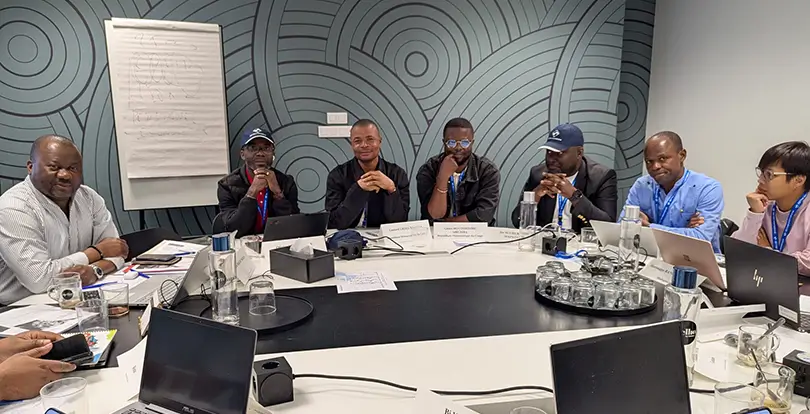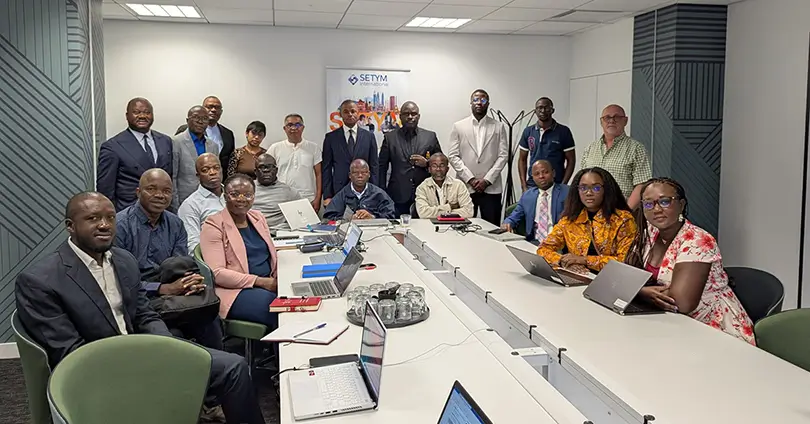Monitoring and Evaluation for Results
Programmes and projects need effective monitoring and evaluation to measure progress and assess outcomes in a results-based management context. This seminar presents comprehensive tools and good practices for implementing a performance-based framework that enables executing agencies and key stakeholders to measure progress, evaluate impacts, make timely and informed decisions, draw lessons, and improve strategy and execution of development initiatives.
Register for our next sessions

Monitoring and Evaluation for Results

Monitoring and Evaluation for Results

Monitoring and Evaluation for Results

Monitoring and Evaluation for Results

Monitoring and Evaluation for Results
Can't find the dates you want?
Let us know if you’re interested in the next session, or would like advice on a similar topic, and let us know when and where you’d like to meet.
Practical Objectives:
- Master the process of setting up a results-based monitoring and evaluation system for projects and programmes.
- Understand the techniques and tools to plan, monitor and evaluate project performance for the short, medium and long-term results.
- Identify information needs and data collection methods.
- Design performance management systems to meet the stakeholders’ needs for information and decision-making.
Training Seminar Topics
Performance and Results-Based Management
Results and accountability requirements. RBM principles applied to operational project management. The results chain: outputs, effect, impact. Management requirements to achieve the desired effect.
Performance Indicators
Indicator selection and validation: quantitative and qualitative (nominal and ordinal variables) indicators, outcome and impact indicators, indirect indicators (proxies). Data collection and analysis. Best practices for developing questionnaires and interview guides. Data collection and data analysis: quantitative and qualitative methods, data triangulation, and identification of potential sources of bias. Indicator sheets.
Data Collection and Analysis
Quantitative and qualitative methods, data triangulation, and identification of potential sources of bias. Indicator sheets. Best practices for developing questionnaires and interview guides.
Monitoring and Evaluation
Review of the ten steps to design and implement a sustainable monitoring and evaluation system. Developing a plan for evaluation during various phases of a project or programme (ex-ante, mid-term and at project closure).
Developing a Monitoring and Evaluation System
Linking the indicators database to operational planning. Monitoring reports and project or programme status. Building and using dashboards to track progress.






